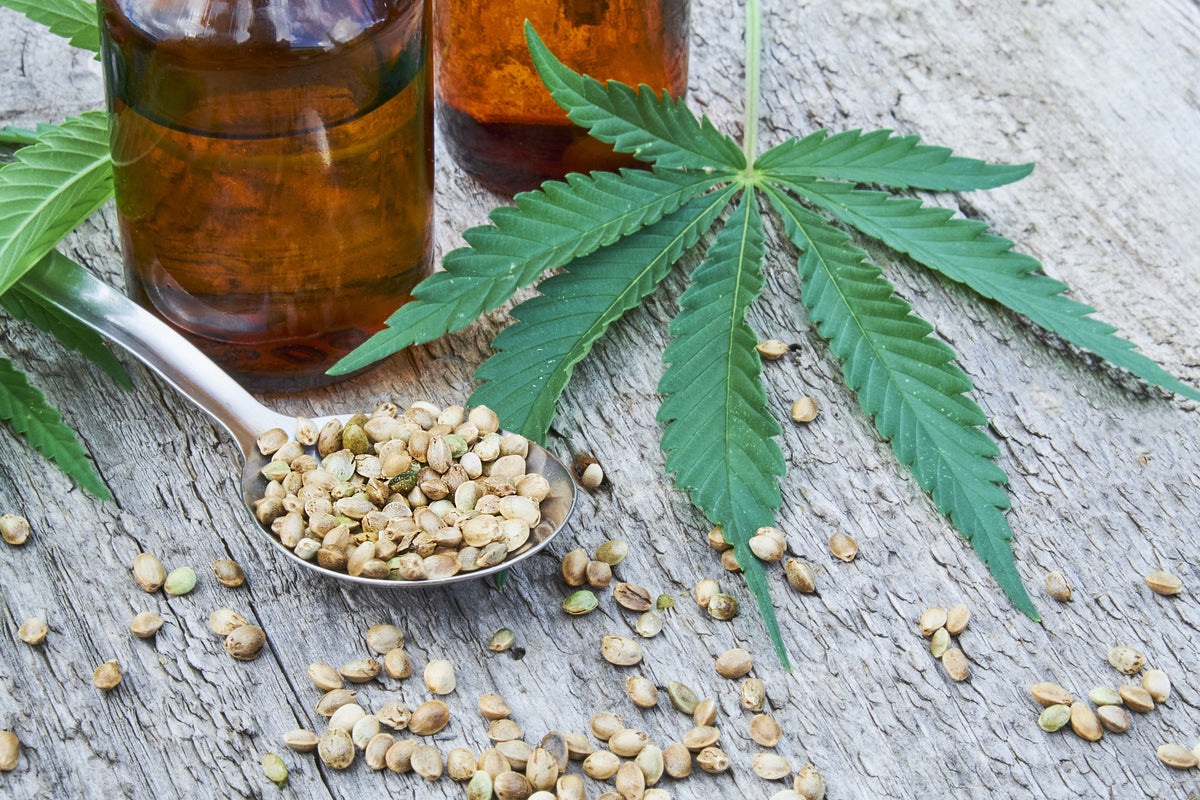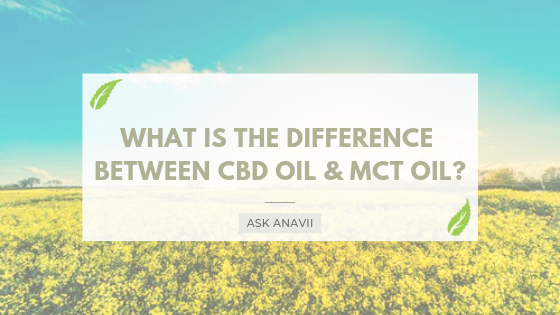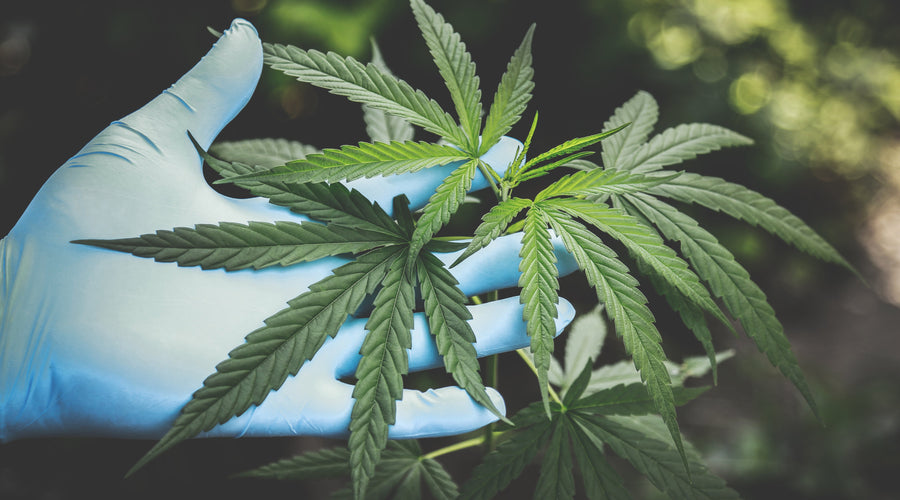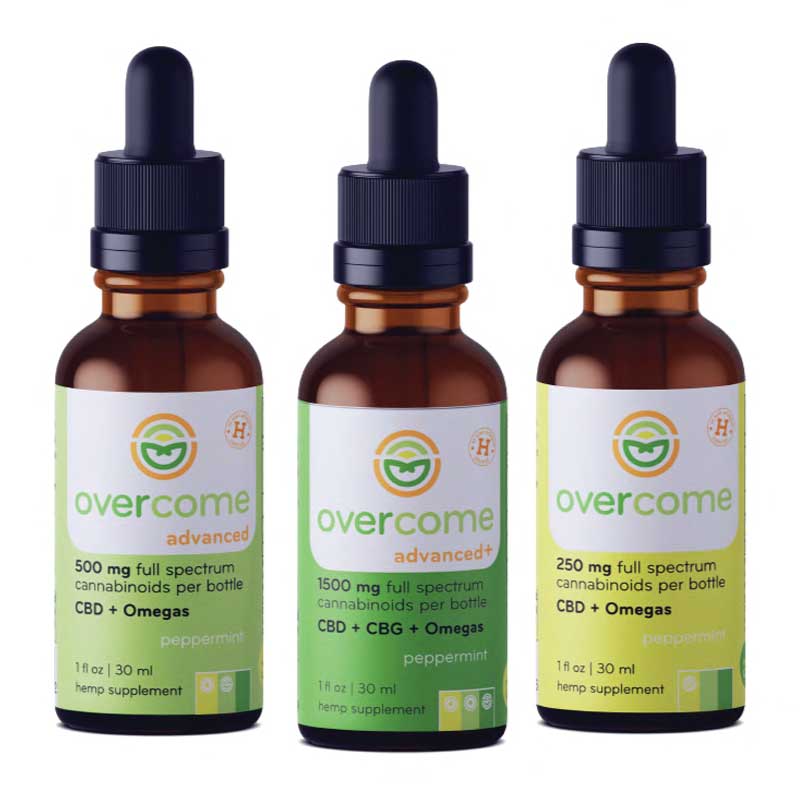Blog
Nov 10, 2025
Best THC Gummies for Sleep in 2025
The best THC gummies for sleep not only help you fall asleep – they help you stay asleep.
Blends that pair THC with ...
Sep 14, 2025
What is the Difference Between CBD Oil and MCT Oil?
What Is The Entourage Effect? Is Full Spectrum CBD more effective than CBD Isolate? All this and more.
Sep 14, 2025
Vegan Hemp Heart Protein Coffee
Perhaps you have already tried a CBD latte, but have you tried hemp protein in your coffee? Hemp truly is an amazingl...
Sep 14, 2025
What CBD Extraction Method is Best?
What CBD Extraction Method Is Best? Does the extraction method used in a product really matter? When choosing a CBD Oil, how important is the type of extraction used? We walk through all this and more.
Sep 14, 2025
What is the Difference Between CBD Oil and Hemp Oil?
What Is The Difference Between CBD Oil and Hemp Oil? Learn the benefits, uses and other details of CBD oil and Hemp Oil. Only At Anavii Market.
Sep 14, 2025
DEA says Hemp Derived CBD Oil Products are Federally Legal
DEA says Hemp Derived CBD Oil Products are Federally Legal. With the 2018 Farm Bill passing, hemp prohibition is finally over. What lies ahead for the hemp industry now?















